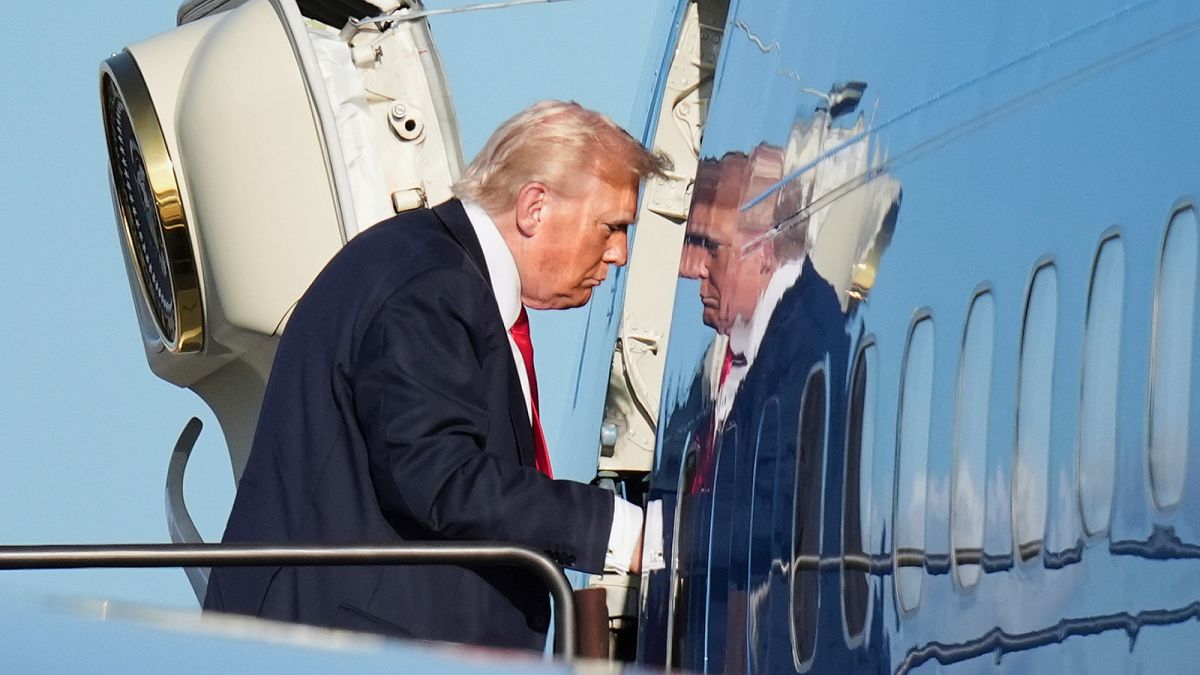The Bijagos Archipelago in Guinea-Bissau and Tiwai Island in Sierra Leone have gained international recognition for their ecological value
The United Nations Educational, Scientific and Cultural Organization (UNESCO) has added two West African island regions, the Bijagos Archipelago in Guinea-Bissau and Tiwai Island in Sierra Leone, to its World Heritage list, recognizing their outstanding ecological and cultural significance.
The announcement was made on Sunday during the 47th session of the World Heritage Committee in Paris. According to UNESCO, both sites represent unique natural ecosystems.
Located off the coast of Guinea-Bissau, the 88-island Bijagos Archipelago has been a UNESCO biosphere reserve since 1996. It is rich in biodiversity, hosting dugongs, dolphins, and over 870,000 migratory birds. Key sites include Poilao Island, a major sea turtle nesting area.
Sierra Leone’s Tiwai Island, a 12-square-kilometer island site on the Moa River, is part of the Gola-Tiwai complex, which also includes the nearby Gola Rainforest National Park. It is the country’s first UNESCO World Heritage site.
Known for its biodiversity, the island hosts 11 species of primates, including the endangered Diana monkey and Western chimpanzees, as well as over 130 species of birds. Nearly destroyed during the 1990s civil war, the island was preserved through efforts led by the Environmental Foundation for Africa (EFA).
Two other African sites were added to the UNESCO list during the same session. Malawi’s Mount Mulanje was included for its unique endemic flora and popular hiking trails. Cameroon’s Diy-Gid-Biy cultural landscape, located in the Mandara Mountains and dating from the 12th to 17th centuries, was listed for its archaeological sites.
The continent is currently home to over 100 World Heritage sites, including iconic places like the Okavango Delta, Botswana, Rock-Hewn Churches of Lalibela, Ethiopia, and Timbuktu, Mali.
In May, UNESCO pledged support to the 11 remaining non-represented African countries to develop new nominations, as announced at a recent International Conference on Cultural Heritage in Kenya.

 5 hours ago
2
5 hours ago
2








.jpg?width=1200&height=800&crop=1200:800)
